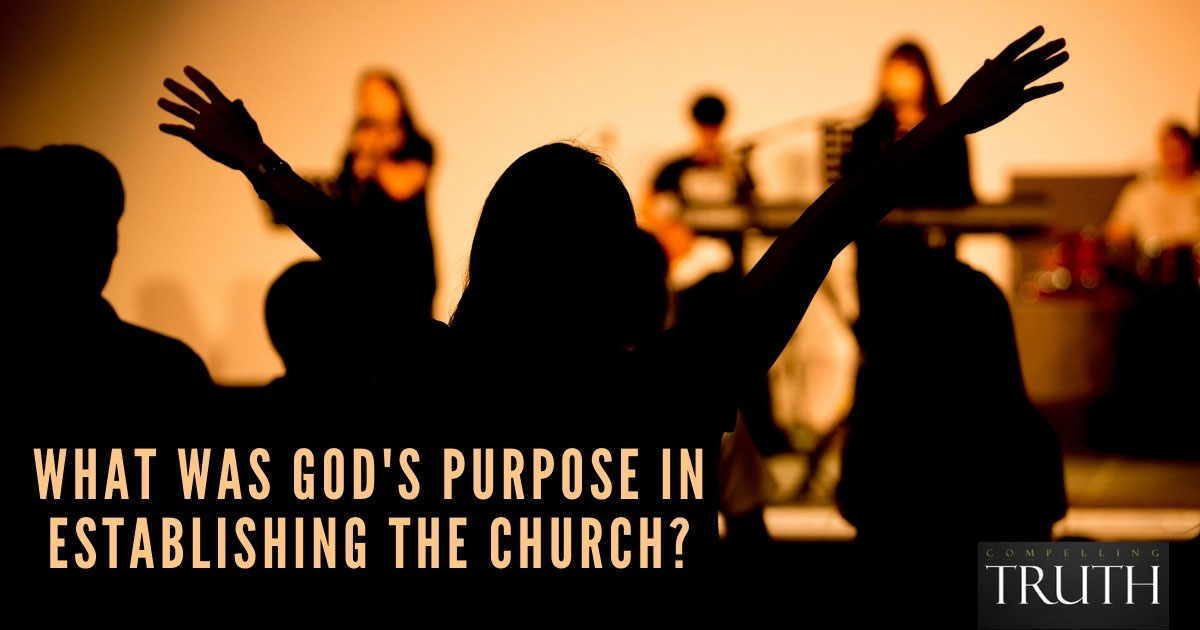In Matthew 18:20, Jesus said: "For where two or three are gathered in my name, there am I among them." This verse falls at the end of a paragraph of verses on how to handle a personal offense with a believer that then escalates to discipline within the context of the church (Matthew 18:15–20). So, therefore, the appropriate context for "where two or three are gathered" is through the lens of church discipline and bringing a fellow believer trapped in sin back on track. Jesus affirms that He will be present in the midst of a healthy confrontation. The goal of confrontation about sin is to come to a place of repentance. Similarly, godly confrontation is not to be done from an attitude of pride or anger, but from gentleness and love. The end goal is not guilt but repentance and restoration.
In context, this passage starts by saying: "If your brother sins against you, go and tell him his fault, between you and him alone. If he listens to you, you have gained your brother. But if he does not listen, take one or two others along with you, that every charge may be established by the evidence of two or three witnesses. If he refuses to listen to them, tell it to the church. And if he refuses to listen even to the church, let him be to you as a Gentile and a tax collector" (Matthew 18:15–17). These verses show the process for godly confrontation of a fellow believer who has sinned against you and is applicable to dealing with sin in the church in general. We are first called to go to the person who has offended us to seek restoration. When a personal, one-on-one approach has failed, we are called to bring one or two others in, and if that fails, we are called to bring them before the church. This way of handling conflict glorifies God and seeks understanding and restoration. In modern times, it's not common to address sin in fellow believers, because it's not socially acceptable to "judge" others. But, as believers, we are called to keep each other accountable for righteous living. Since none of us is exempt from being tempted and falling into sin, we must confront someone with the same care and grace we would like to be shown if roles were reversed. When we do take the plunge and do confrontation God's way, we can be confident that Christ will be with us—this is what Matthew 18:20 is all about.




